Note: So, the Newport News Times, AKA, Lincoln County Leader, has my op-ed below in the on-line version. So disappointed to see the print hardcopy version is missing this important Two Years going into the current genocide.
I did reference the local politician, the representative, David Gomberg, Jewish, who got an all-expenses paid trip to Israel by Adolph Bibi. Jewish, and he wrote an op-ed travel piece for the same rag two weeks ago.
Here, my DV piece: Two Men, an Evil Empire, Evil Jews of Genocide Legacy, and the Mowing of the World’s Compassion and AGENCY
Now, the editor will not tell me the truth, I am sure, why my piece today is on the on-line version. There are literally thousands of newspapers at grocery stores and other outlets today, but my piece is not in them. I have consistently had my op-eds in the paper rag, duplicated on the on-line version.
It pisses me off, yeah, and newspaper print DOES matter, even though retrograde laugh at newspapers, only good for wrapping fish. They are idiots.
This representative does get the newspaper at home and in his office and home in Salem, so, hmm, is this the reason the piece only appears on the WWW?
Here, the same piece on-line, but I can’t read it because it’s behind a paywall.
Below, the version with graphics and additions. Thanks for reading DV.
Allegiances to the Genocidaires, Military Offensive Weapons, and Finance Capital
You have to hand it to both parties – trillions of US taxpayer money sent to an occupied land that has full-throttle displayed its genocide (US-backed) on defenseless people.
Two-year anniversary.
Oh, don’t fret: we have over fifty national month of October celebratory things, from the absurd, stupid, silly and a few serious ones.
But make no mistake about it – the US, Britain and Germany are the major weapons suppliers to Israel. However, there are literally tens of billions of dollars going back and forth from and to that genocidal state.
Sort of like the good old days when Hitler and his regime had that back and forth commerce, with, hmm: German and international corporations like IG Farben, Ford, General Motors (GM), IBM, and Standard Oil. There were hundreds of smaller companies.
[Getting ready for Portland, Oregon, so why worry about Gaza?]
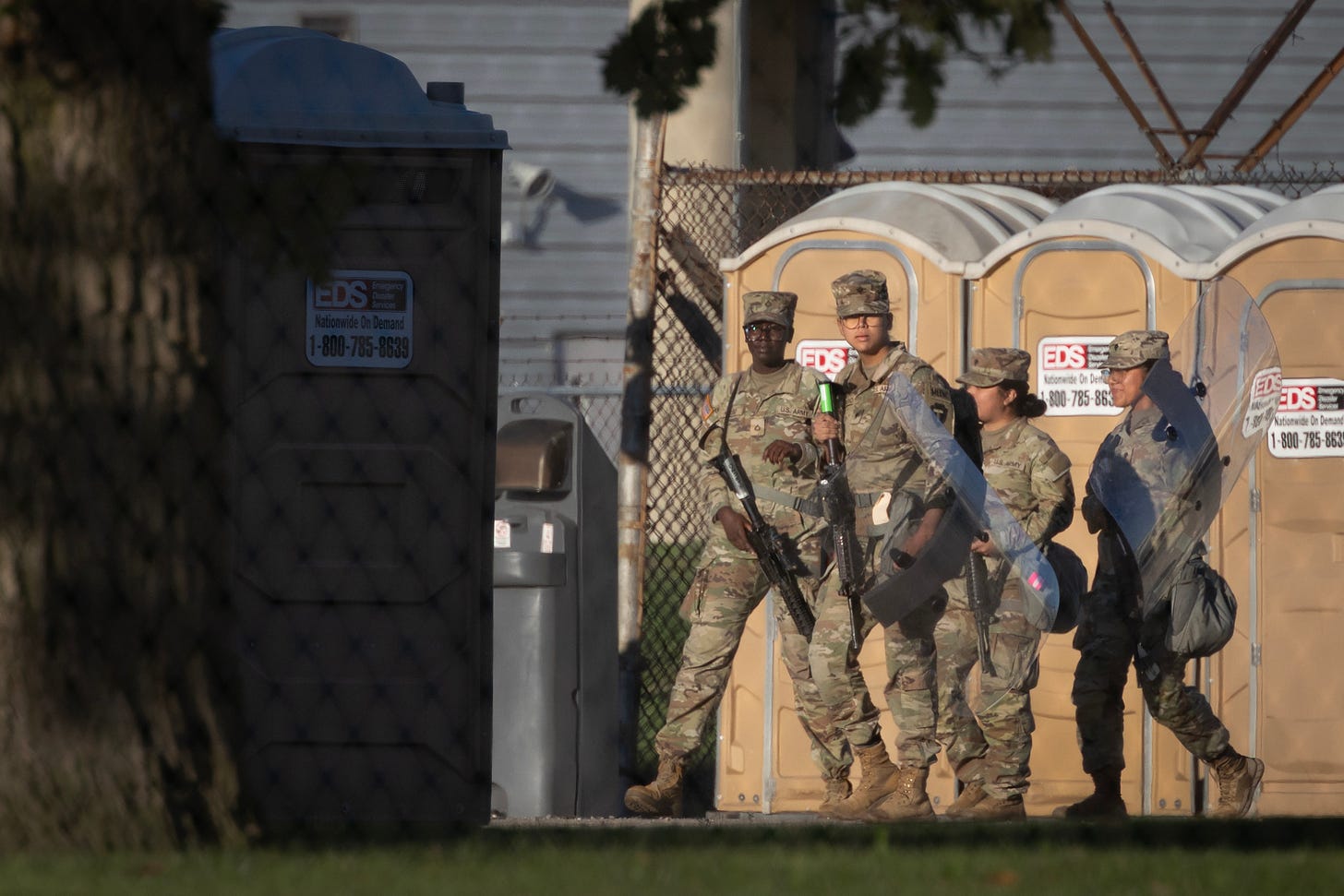
We have now in Lincoln County, thousands losing their Medicare Advantage plans through Samaritan Health. And what are the democrats up against the republican reprobates doing?
Well, we have two senators, one who is Israel-First and who puts his Jewish background above America, for sure, in many people’s minds: The genocide campaign has killed more than 350,000 Palestinians, almost all civilians, and left the rest of the population of Gaza in plots of land that make concentration camps look livable.
[Chicago is in the crosshairs, so forget about Gaza the day and weeks and years after Oct. 7 2023]

Sen. Jeff Merkley co-sponsored six bills in September 2024 to halt a $20 billion U.S. arms sale to Israel. Some of it: $675 million worth of bombs and a shipment of 20,000 assault rifles to Israel.
“We have a profound moral responsibility to end this collective punishment of innocent civilians,” Merkley said in a statement, adding that until the Israeli government makes critical international food and medical aid available to Palestinians in Gaza, the U.S. should not send any more weapons.
Yet, the other senator, Ron Wyden (Jewish), voted with all Republicans against stopping the military killing materiel to Israel.
[Never seen in local newspapers, and big ones either.]
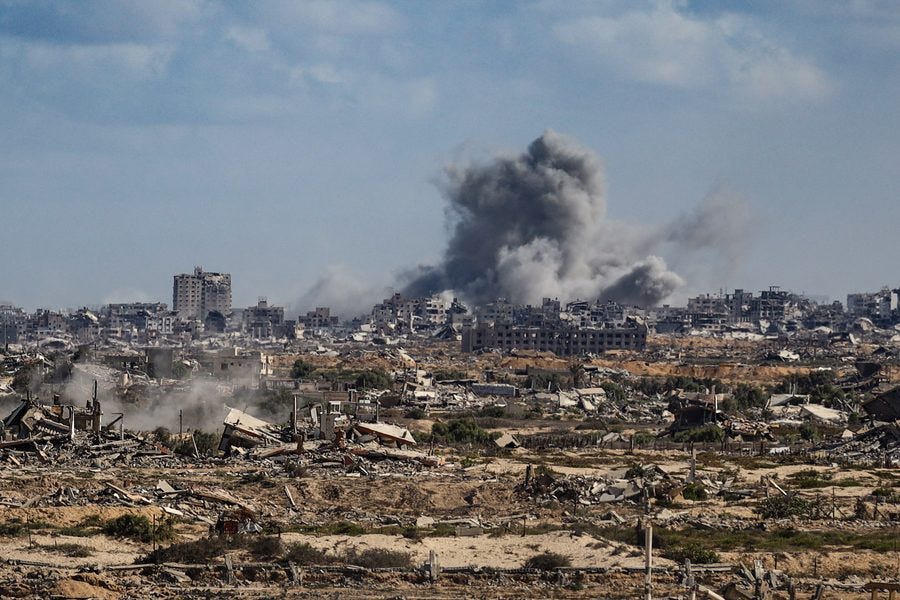
Even non-Jewish Merkley drops caveats in his statement:
“Every moment the U.S. fails to demand a massive influx of food or to provide that massive influx of food ourselves, we are complicit in Netanyahu’s strategy of starving Palestinians. This breaks every moral code and every religious code. Until every child and every mother have sufficient nutrition, America should not send a single dollar or a single bomb to Netanyahu’s government. No more bombs. More aid.”
Some of us journalists go way back (since 1973) and we’ve even studied rhetoric and propaganda and taught college communications (since 1983).
Let it be known: Israel has been practicing genocide since 1948, and has been an apartheid state the same number of years. “Mowing of the grass/lawn” was a practice Israel used to murder peaceful protestors and medical workers going to the aid of wounded protestors. Before Oct 2023.

[Nah, times this by 10!]
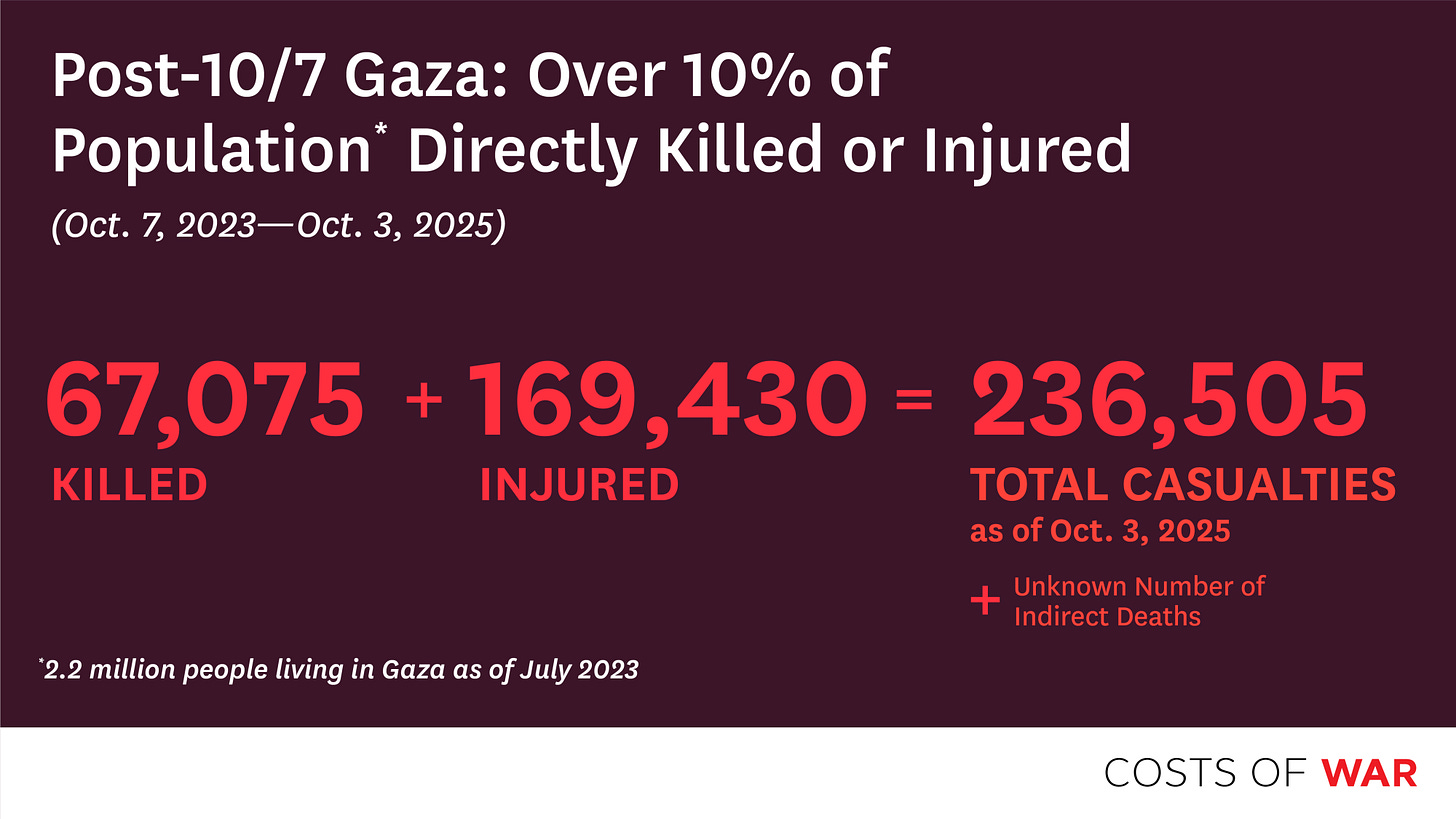
This is not one man’s or one Israeli government’s genocide. Most Israeli Jews want Palestinians gone. Troubling, also, are these Americans supporting Israel with any sort of financial and military and non-military aid are complicit.
Just a month ago, the world’s largest association of academic scholars studying genocide passed a resolution saying Israel’s “policies and actions in Gaza meet the legal definition of genocide,” established by the U.N. in 1948.
The International Association of Genocide Scholars states that Israel’s policies and actions in Gaza amount to war crimes and crimes against humanity.
Aiding and abetting war crimes is a crime. The crime of genocide.
[All the Jewish controlled and non-Jewish controlled outlets, part and parcel, part of the genocide, incuding the IDF Frum from the Atlantic.]
[Leaked emails from former Israeli UN Ambassador Ron Prosor reveal that David Frum and Douglas Murray secretly drafted speeches for him during Israel’s 2014 military campaign in Gaza, while a CNN producer, Pamela Gross, coordinated private fundraising for Israel’s Iron Dome. Frum, then a senior editor at The Atlantic, and Murray, a Spectator contributor, offered speechwriting and strategic guidance to bolster Israel’s international messaging. Gross repeatedly sought Prosor’s help to raise funds for the missile defense system, framing her efforts as vital to the safety of Israeli citizens. The emails, published by Distributed Denial of Secrets, expose the deep behind-the-scenes collaboration between journalists and Israeli officials at a time of intense global scrutiny. Read the full report here.]
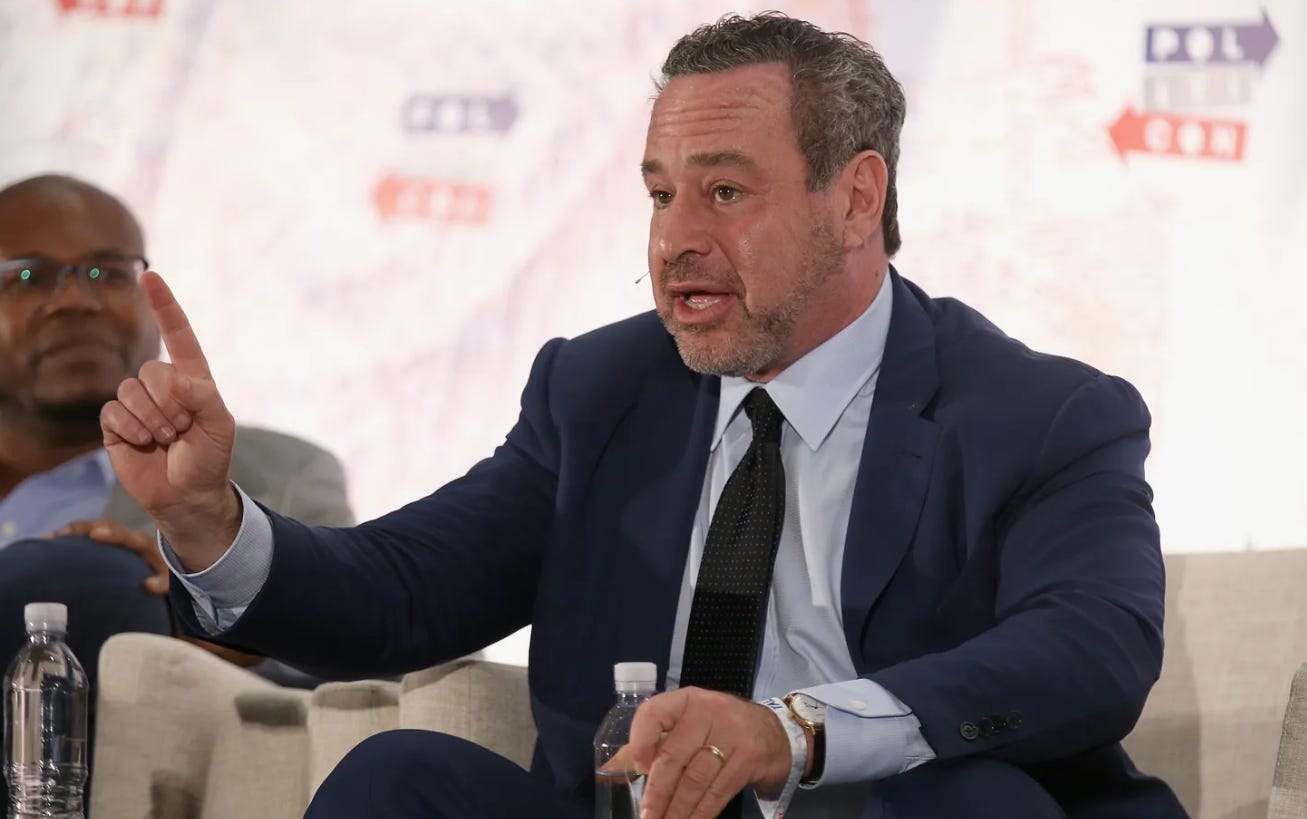
This society is broken, and has been way before Ronald Reagan, for sure, but like exponential growth of a bacteria left to grow, each year there are more deaths by 1,000 cuts to social, health, education, economic, spiritual social safety nets.
Throwing money at the MIC – Military Industrial Complex – for seventy years, and throwing money at Israel for 77 years has done its work by lining the pockets of CEOs, bankers, billionaires in finance, and now the techno fascists. Names like Ellison, Altman, Ackman, Karp, Zuckerberg, Adelson, Brin may not be on readers’ tongues, but beware of these new titans of pain.
Former CIA analyst and now activist, Ray McGovern calls that military machine the MICIMATT: Military-Industrial-Congressional-Intelligence- Media-Academia-Think-Tank Complex.
In reality, a society that has outrageous costly and failing medical care for all, let alone seniors, is a society that has been bought and sold down the river. For-profit medicine? For-profit electricity? Telecommunications? Hell, we can’t even run our own county’s school buses anymore without paying a for-profit outfit to transport our kiddos – Student First, owned by EQT Infrastructure, a Swedish private equity firm.
If you were to take one of my critical thinking writing courses from a few years ago, you’d be flummoxed with these sorts of stories. You’d be exposed to censored stories and memory-holed history. You would have learned about amazing facts that have been held back from the average American citizen.
“If the U.S. Can’t Boss the World, It Will Spitefully Destroy It,” is an article by Jeremy Kuzmarov, a community college instructor in Oklahoma and managing editor of Covert Action magazine. He was just on my radio show, Finding Fringe at KYAQ FM.
We talked about how this country is now in super dire straits – death by a thousand cuts every hour under the Trump regime. But we also delved into the history of both parties responsible for wars, invasions, coups, sanctions, false flags, and conspiracies to, well, destroy the world.
Now we have bald-faced liars admitting they hate the American people, admitting that they control the wealth, food, energy, data, water, futures, land and possessions of a majority of the world.
Read James Baldwin to understand his prescient quote:
“All of the Western nations have been caught in a lie, the lie of their pretended humanism.”
No Name in the Street is a four-page apocalyptic tour de force, in which Baldwin imagined a system built on exploitation and war collapsing on itself.
Ahh, the good old days when he wrote this – 1972!
[Note: This is the height of absurdity — one Nazi Israeli ambassador selling junk bonds to the other Nazis from history.]
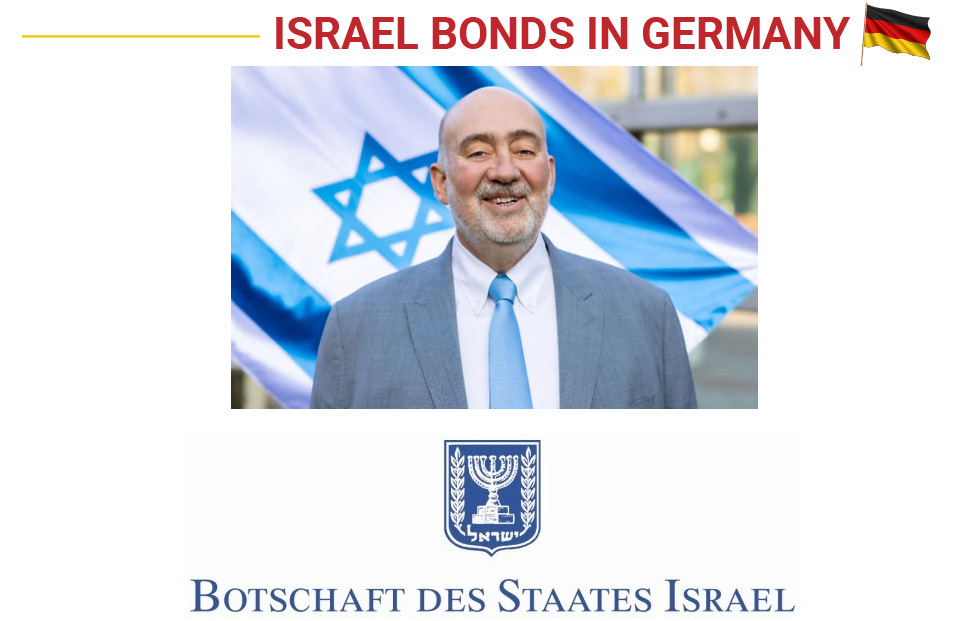
Bought sold and wrapped in Billionaire Bubble Wrap.
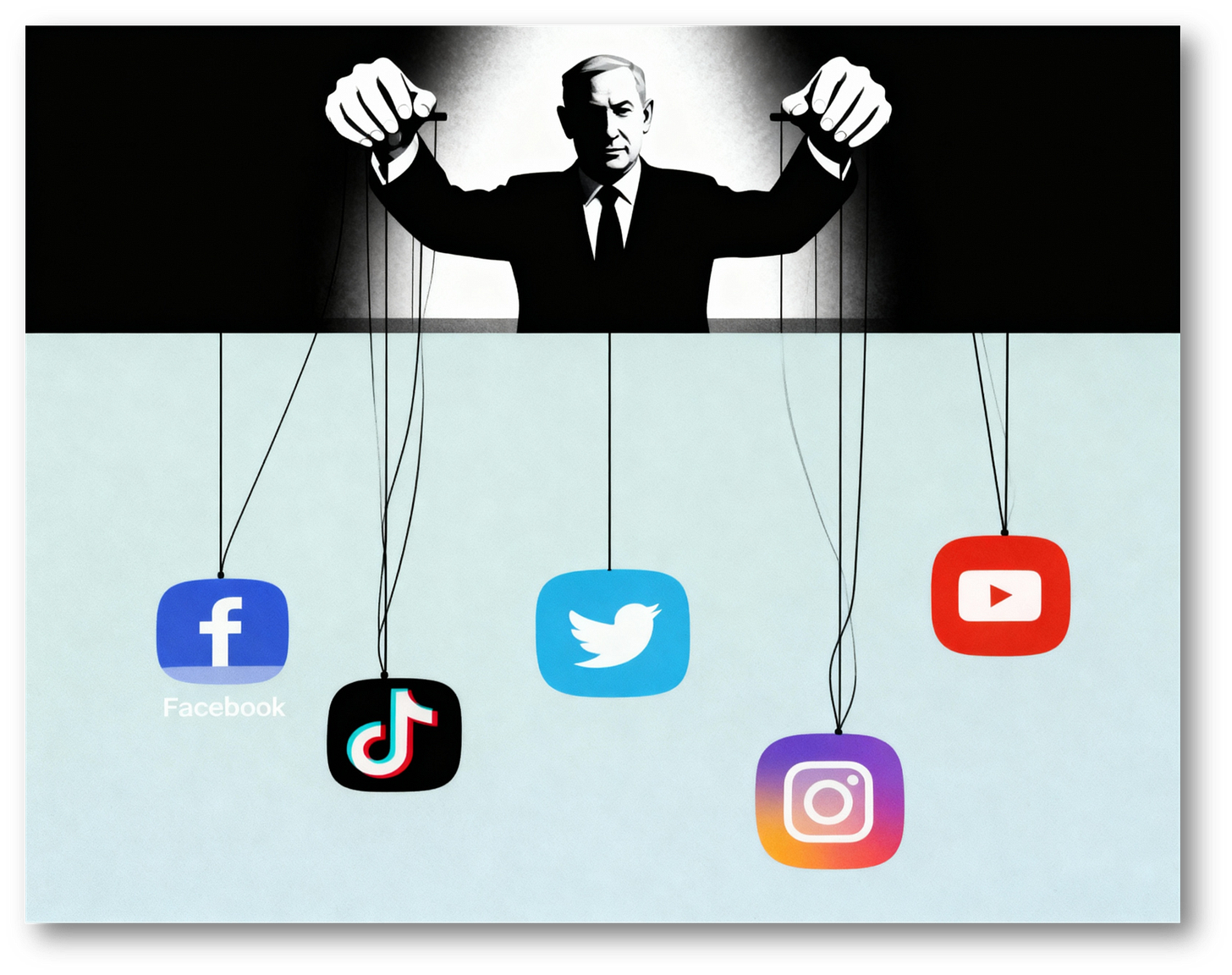
The post
Allegiances to the Genocidaires, Military Offensive Weapons, and Finance Capital first appeared on
Dissident Voice.
This post was originally published on Dissident Voice.



















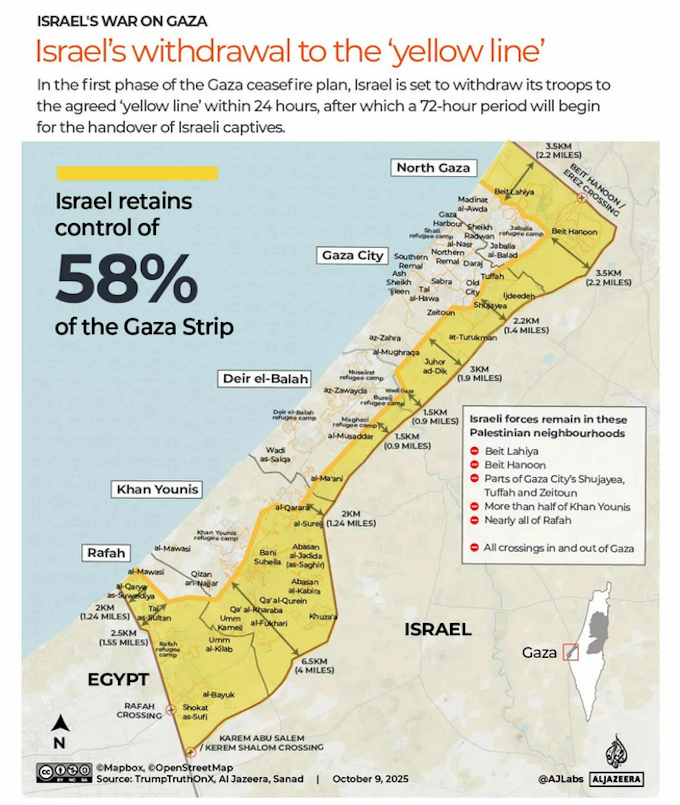

 (@iamjourjean)
(@iamjourjean) 










 (@Roeburnscar)
(@Roeburnscar) 



 Israeli tanks bomb Gazan civilians live on camera despite Trump’s announcement of a ceasefire!
Israeli tanks bomb Gazan civilians live on camera despite Trump’s announcement of a ceasefire! 

